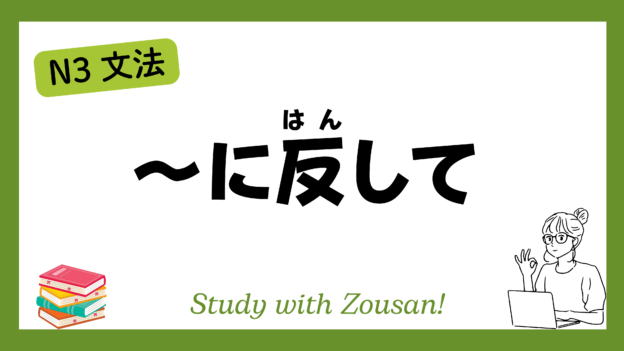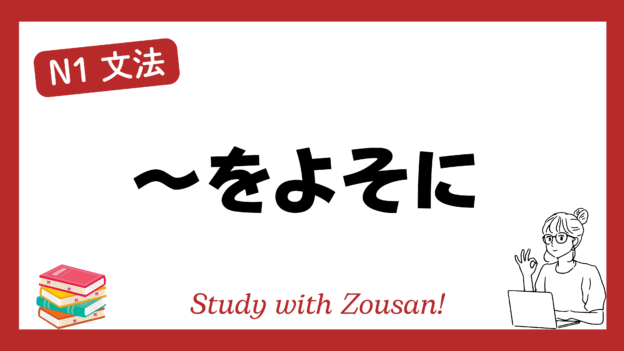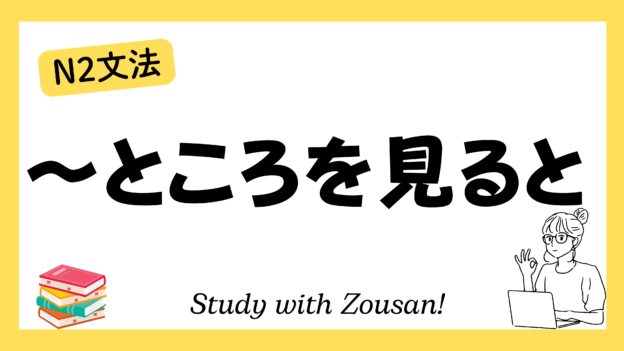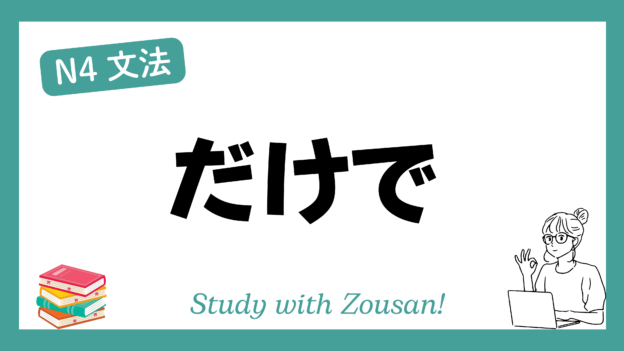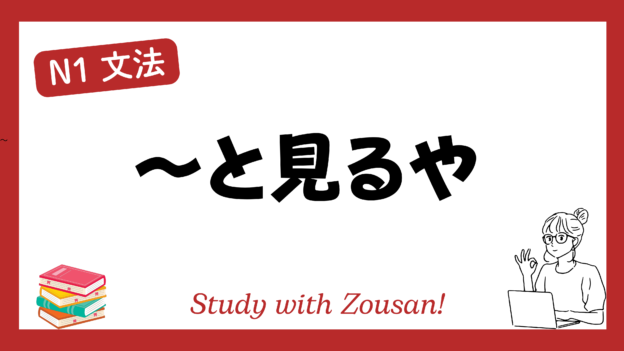N3文法:~に反して
Meaning: “Contrary to…”, “Against…”
“~に反して” is used to express a situation or outcome that goes against expectations, rules, or wishes. It translates as “contrary to” or “against” and is used when something happens in opposition to what was expected, predicted, or intended. This structure is often used in more formal or written contexts to describe contradictions or violations of certain norms, plans, or assumptions.
※Note: “~に反して” can be used to describe contradictions to plans, expectations, hopes, rules, or intentions.
Structure:
| Noun + | に反して/に反する |
Example:
-
-
-
🌟 予想に反して、試験はとても簡単でした。
(よそう に はんして、しけん は とても かんたん でした。)
Contrary to expectations, the exam was very easy. -
🌟 親の期待に反して、彼は芸術家になった。
(おや の きたい に はんして、かれ は げいじゅつか に なった。)
Against his parents’ expectations, he became an artist. -
🌟 天気予報に反して、今日は雨が降らなかった。
(てんき よほう に はんして、きょう は あめ が ふらなかった。)
Contrary to the weather forecast, it didn’t rain today. -
🌟 彼の意志に反して、彼は転職しなければならなかった。
(かれ の いし に はんして、かれ は てんしょく しなければならなかった。)
Against his will, he had to change jobs. -
🌟 契約に反して、会社は給料を支払わなかった。
(けいやく に はんして、かいしゃ は きゅうりょう を しはらわなかった。)
The company didn’t pay the salary contrary to the contract. -
🌟 期待に反して、プロジェクトは失敗に終わった。
(きたい に はんして、プロジェクト は しっぱい に おわった。)
Contrary to expectations, the project ended in failure. -
🌟 常識に反して、彼は人前で帽子をかぶったままだった。
(じょうしき に はんして、かれ は ひとまえ で ぼうし を かぶった まま だった。)
Against common sense, he kept his hat on in front of people. -
🌟 会社の方針に反して、彼は独自にプロジェクトを進めた。
(かいしゃ の ほうしん に はんして、かれ は どくじ に プロジェクト を すすめた。)
He proceeded with the project independently, contrary to the company’s policy. -
🌟 ルールに反して、彼は試合中にスマートフォンを使った。
(ルール に はんして、かれ は しあいちゅう に スマートフォン を つかった。)
Contrary to the rules, he used his smartphone during the game. -
🌟 期待に反して、新しい製品はあまり売れなかった。
(きたい に はんして、あたらしい せいひん は あまり うれなかった。)
Contrary to expectations, the new product didn’t sell well.
-
-



